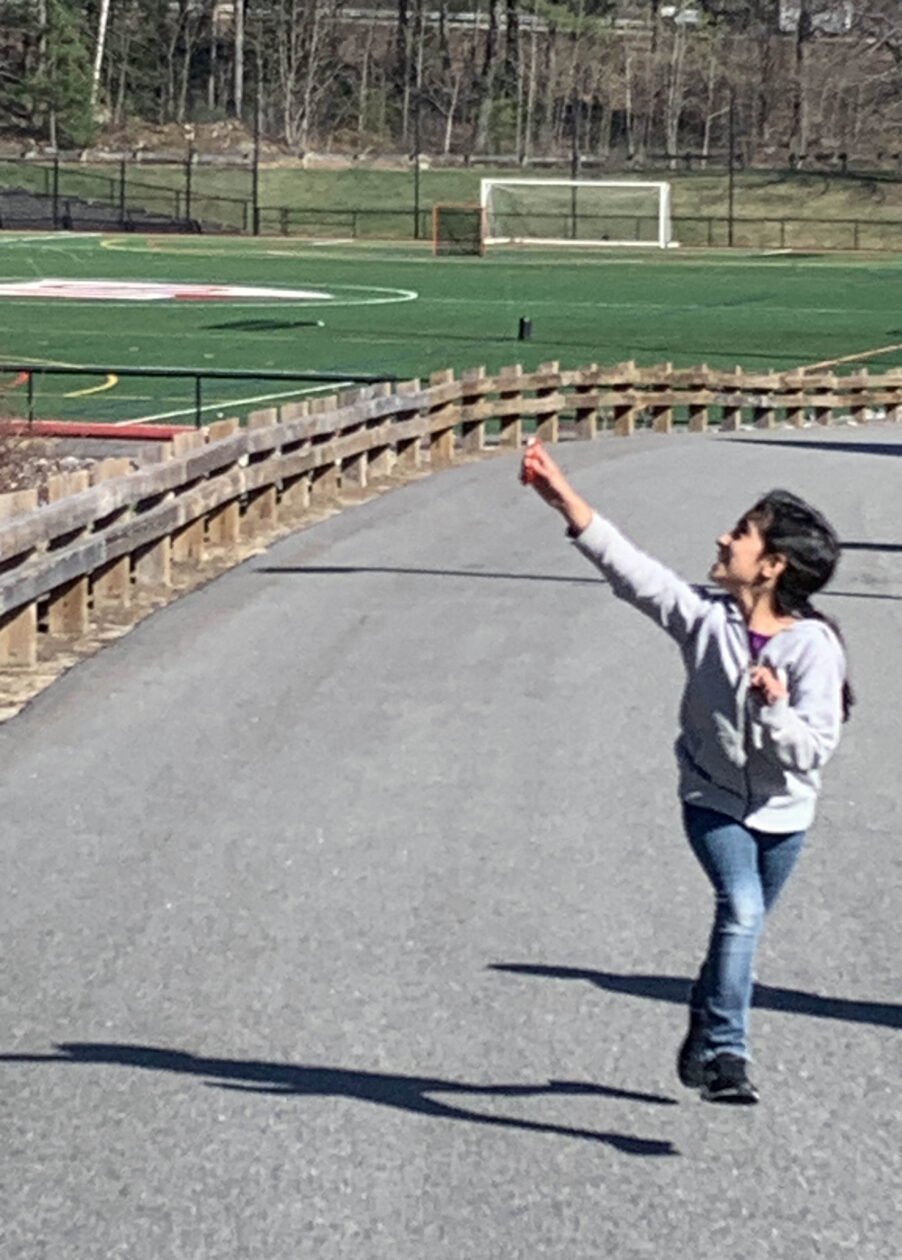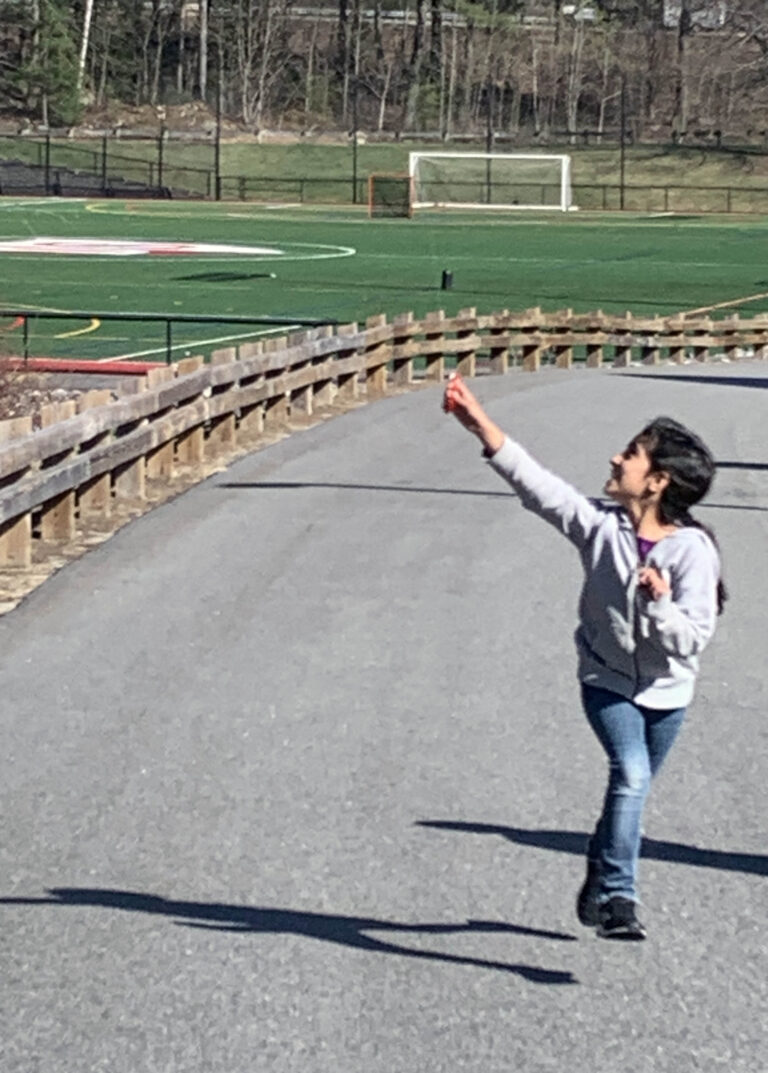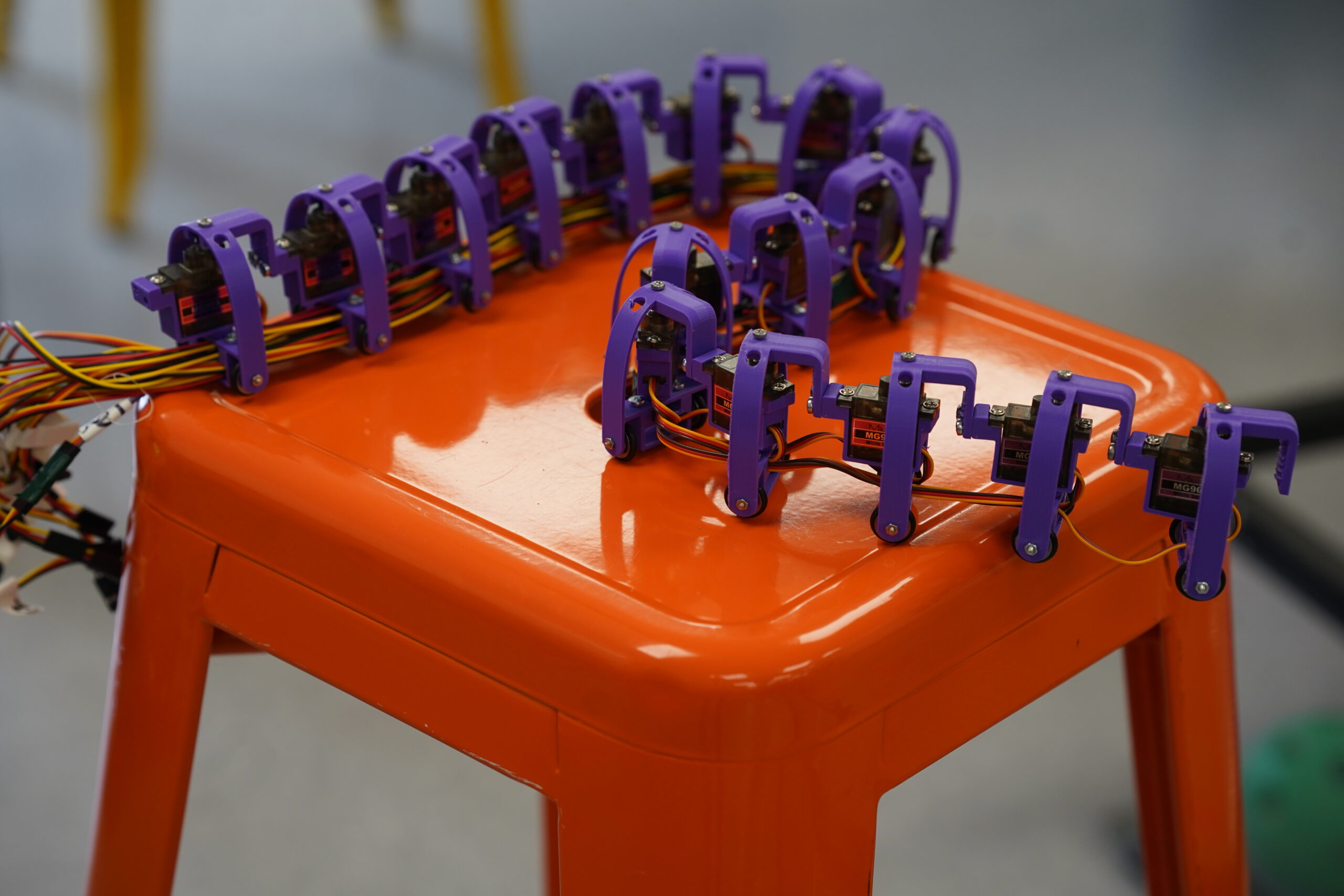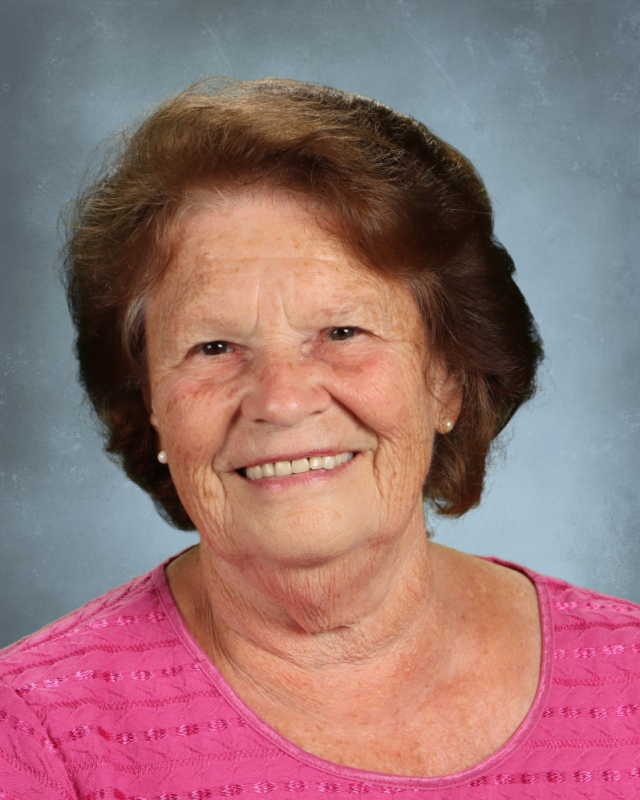By Ipeksu Yucel ’25
The sound of laughter and children’s stories filled Derryfield’s library each Thursday afternoon. By this time, most students had headed to sports practices or left campus for the day but a small group of tutors stayed to meet with local elementary and middle school-aged refugees from Afghanistan. Oftentimes, the hour felt far too short as it passed by quickly with conversation, math worksheets, and vocabulary practice.
The program began in early November 2022 with just a handful of students and tutors. Since then, it has grown to include at least ten Derryfield tutors who dedicate their time weekly to the fifteen or so students who arrive eager to learn. When I walked into the library for the first session, I did not realize the impact we would have on the lives of these children. But more than that, I was not prepared for the way that they would shape mine.
Can’t. It seemed to be the word that emerged frequently throughout our vocabulary lessons. As a teacher, you learn quickly how disheartening it is for your students to believe that they are incapable. It is true that the English language is a complicated tangle of letters and syllables. Even we as high school students and native speakers sometimes have to pause and correct a word we have misspelled or a sentence we have read incorrectly. The more time I dedicated to tutoring, the more I realized that the most valuable lesson we could instill in the children was not math or spelling. It was determination—it is taking the fear of mistakes and turning it into a world of opportunity. Instead of seeing those incorrect answers as something to be ashamed of, something to run from—they could be viewed as an opportunity to become a successful student. When I asked one of the children what he thought about our program he said, “I like it because we really learn. We go word by word together. We understand. I’m not afraid to be wrong.” Our goal in each activity, from addition worksheets to sight word practice, was to ensure our students genuinely understood the things they were learning, even if that meant making mistakes in the process. We recognized and validated that it can be difficult to remain positive and persistent when you cannot see the progress made day-to-day or even week-to-week. However, during our final lesson, I watched in delight as my student read a book he originally didn’t even want to open for fear of failure. I listened as he mispronounced a word, corrected it himself with no frustration, and kept going. I also watched as he embraced a new favorite word on the page. Can.
The refugee children were not the only ones who learned from the experience. If anything, in our short time together I learned more from these children than I could have possibly in a classroom: the value of education. I realized that far too often we take it for granted. We forget what a privilege it is to be educated. We pass on opportunities to learn and to grow perhaps because we are too afraid or perhaps because we simply expect there will be more opportunities to come.
On our final day together, we decorated and flew kites. Many of the children adorned theirs with the Afghanistan flag, a beautiful tribute to home. They shared with us their own stories about flying kites back home and many noted it was the first time they had flown them since leaving their country of origin. As they watched their kites soar through the sky, falter occasionally, and then find the wind once more, I truly hope they saw the parallel to their journeys.

Another Lesson Learned:
I have found many of us become so consumed in our own hardships that we fail to recognize or acknowledge the unimaginable challenges of those around us. And we become far too comfortable in our own existence. Following the end of our school-year tutoring program, I had the opportunity to speak with the mothers of some of the students. I arrived at their apartment, tucked into the center of Manchester. The space was small and unadorned but the sounds of children’s laughter and mother’s fast-paced conversation brought a feeling of welcoming and familiarity, surrounding me like a warm embrace. They graciously welcomed me into their homes and into their lives as we sat on the floor of a bedroom and talked through a translator. In their limited English, they shared with me stories of their lives in Afghanistan and their struggles with the Taliban, an Islamic fundamentalist group in their home country. When asked if, despite all the hatred, the violence, and the terror they have faced at the hands of the Taliban they missed their home, one mother commented, “Every second, every day,” but she said that in the end, “You do what you have to do.” Most of these children and families never expected to leave their lives of security, attending private schools and sports practices not so dissimilar from ourselves. But they are here, navigating an unfamiliar land and culture, limited by language. Most of these children are no older than twelve.
This experience had a profound effect on me and the ways in which I view our world. These young children, having persevered through hatred and cruelty CHOSE to embrace our program with an open mind and kindness. They found delight and optimism in learning—you could see it on their faces as their skills improved and grew. It reminded me of my privilege to attend Derryfield, but also the importance of sharing what I’ve learned with others. As the school’s statement of philosophy notes best, “Academic achievement without compassion and concern for others is meaningless.”



